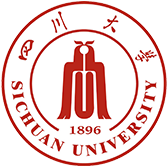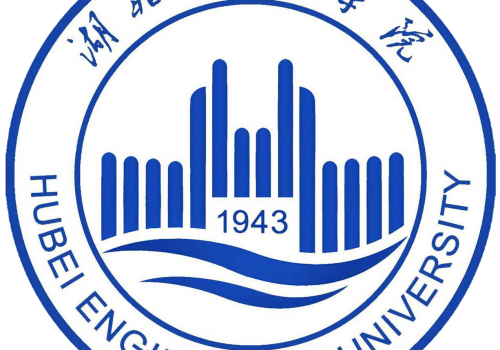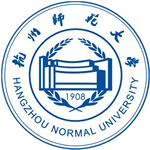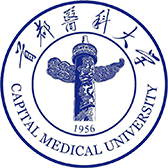About Shanghai Lixin University of Accounting and Finance
Shanghai Lixin University of Accounting and Finance is a full-time general higher education institution offering distinctive accounting and finance programs. It was formed in June 2016 by amalgamating Shanghai Lixin University of Commerce and Shanghai Finance University. The name “Lixin” comes from a saying from the Analects of Confucius, “Without credibility, you won’t have a place in the world.” The history of the University can be traced back to 1928, when Pan Xulun, a famous educator and accountant honored as the “Father of Modern Accounting in China” founded Lixin Accounting School. In 2011, it was qualified for conferring the professional master’s degree in auditing. Running for over 90 years, it has been hailed as one of the birthplaces of modern accounting education in China and the cradle of future financiers. In December 2018, SLU was named a pilot university for the development of high-quality application-oriented universities in Shanghai.
The University has three campuses in Pudong, Songjiang and Xuhui respectively, covering an area of more than 1,200 mu (about 800,000 m2). In December 2019, SLU’s Pudong new campus came into construction. There are nearly 20,000 full-time students in the University. The students have good prospects of employment, with the employment rate of graduate students being 100%, and that of undergraduates over 98%, and thus was selected as a “National Model University for Graduate Employability” by the Ministry of Education. In September 2019, we witnessed the inauguration of Shanghai Lixin University of Accounting and Finance Affiliated School.
The University remains committed to the fundamental task of educating integrity in students and helping them become high-quality application-oriented talents with “integrity, practical ability, creativity and an international vision”. It has become a standing executive member of China Industry-University-Research Institute Collaboration Association (CIUR), a standing executive member of China University-Enterprise Collaboration Innovation Alliance and one of the first batch of “integrated pilot universities” in Shanghai curriculum ideological and political education reform. In November 2018, the University was approved in the examination and evaluation of undergraduate teaching by the Ministry of Education.
The University views human resources as the foremost resources and constantly improves its faculty. There are more than 1,600 faculty members, including more than 1,000 full-time teaching staff. More than 80 of the full-time teaching staff obtain senior titles and more than 340 deputy senior titles. More than 600 teaching staff have a doctorate. It has a group of experts and scholars who have been selected into national and provincial-level talent programs and are academically influential in their professional fields.
The University has been improving itself through disciplinary development. With economics and management as the main subjects, applied economics, business administration and statistics as focuses, and finance and accounting at core, it promotes interdisciplinary integration and collaboration and coordinates the development of multiple subjects in the disciplines of economics, management, science, law and arts. Its business administration is listed as a Class I Plateau Discipline in Shanghai Universities, and applied economics as a Class II Plateau Discipline in Shanghai universities. Its open economy and trade is a key discipline in Shanghai. The Journal of Accounting and Economics published and publicly distributed by the University was qualified as a CSSCI source journal.
The University offers distinctive programs for different majors and there are 15 schools. In its 39 undergraduate programs, two are state-level characteristic disciplines, namely Accounting and Finance. It has a national accounting professional training model innovation experimental area, four national first-class undergraduate programs, Accounting, Auditing, Finance and International Economics and trade, two Shanghai municipal first-class undergraduate programs, namely Taxation and Applied Statistics, and three pilot undergraduate programs for general program reform in Shanghai, namely finance, taxation and cameralistics.13 undergraduate programs including marketing, international economics and trade are municipal pilot application-oriented undergraduate programs in Shanghai. In June 2018, the University was among the first to be selected for the “First-Class Undergraduate Education Initiative of Shanghai Colleges and Universities”. In April 2019, it was among the first to be selected for the “First-class Graduate Education Initiative of Shanghai Colleges and Universities”.
Campus Scenery




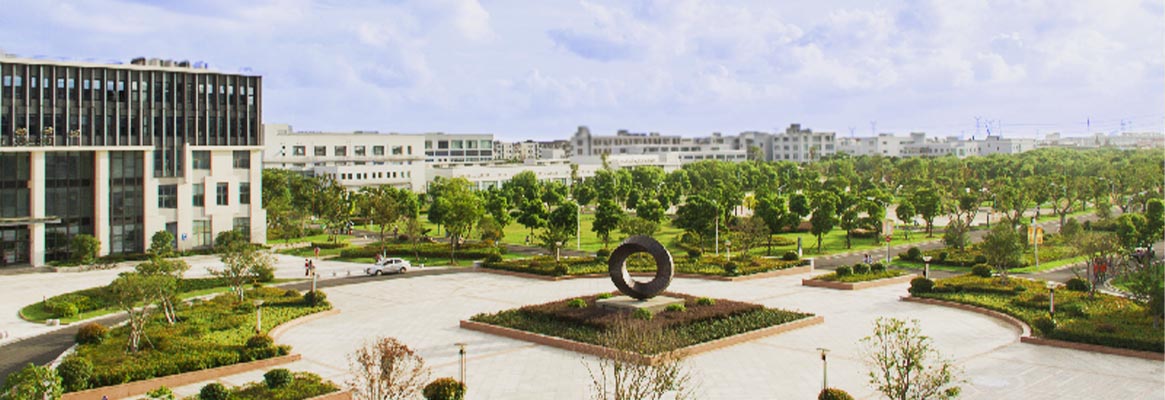
Learning and activities



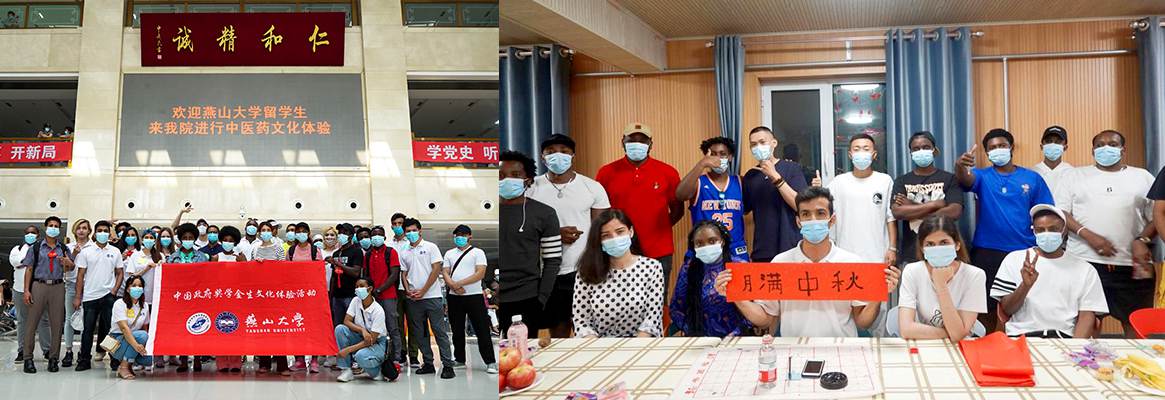
Accommodation conditions

The University builds on scientific research and innovation to constantly improve itself and its ability to serve the society. It has two Shanghai Social Science Innovation Research Bases, two “Shanghai University Think Tanks” and Lixin Research Institute. In cooperation with the Development Research Center of Shanghai Municipal People’s Government, it founded the “Service Economy and Shanghai International Financial Center Development” decision-making consultation and research center.
SLU keeps on promoting open education and deepening international exchanges and cooperation. It has established a cooperative relationship with more than 100 universities and research institutes outside mainland China, and cooperated with the International Business Academy, Denmark to establish a Confucius Institute. It joined hands with the New Jersey Institute of Technology to develop an undergraduate Sino-foreign joint program in financial engineering (specialized in fintech), which was approved by the Ministry of Education of China in 2019.
Stepping up its effort to build a strong campus culture and in terms of cultural inheritance and innovation, the University puts emphasis on honesty, and heads the National College and University Honesty Education Alliance. It has been successively honored as a “Shanghai Civilized Unit” for many years and won at the first “Shanghai Civilized Campus” in 2019. The University’s fencing program has long enjoyed a good reputation. Its Taekwondo program is a high-level sports team construction project in Shanghai. It is now home to Shanghai Art Education Evaluation Centre and Shanghai Physical Education Evaluation Centre.
The University abides by its motto “Integrity and Practical Wisdom” and adheres to the philosophy of “honesty, practice, and openness” in University running. Highlighting its focus on “honesty, learning and practice” and looking forward to the future, it will remain committed to developing a University with socialist characteristics, take root in China and take the initiative to support Shanghai in building “five centers” and “four brands” and a global city of excellence. It will deepen the comprehensive reform of education, enhance its teaching quality, human resources and the open University-running strategy, promote university-enterprise collaboration, integration of industry and education, keep innovating and differentiating itself, improve its ability to serve economic and social development of Shanghai, the Yangtze River Delta and the country, and strive to be an internationally renowned, domestically influential and distinctive high-end application-oriented university of finance and economics.
Its main campus was located on West Zhongshan Rd in Shanghai. In 2003 the campus was moved to the Songjiang District in the southwest of Songjiang University Town next to Shanghai International Studies University; Donghua University; Shanghai Institute of Foreign Trade; Shanghai University of Engineering Sciences; Shanghai Institute of Visual Art and East China University of Politics and Law.
China’s financial industry has experienced highs and lows along with all of China’s history. Financial education has played a key role. At the beginning of the republic, there was an urgent need for large numbers of financial professionals due to the establishment of branches of the People’s Bank of China and the creation of a new financial system. To meet the needs of economic development, the People’s Bank of China started financial education. In 1952, Shanghai Banking School was established; today it is known as Shanghai Finance University.
Shanghai Finance University is made up of 11 schools, six departments, and four research institutes. The schools and departments offer courses and award academic degrees.


